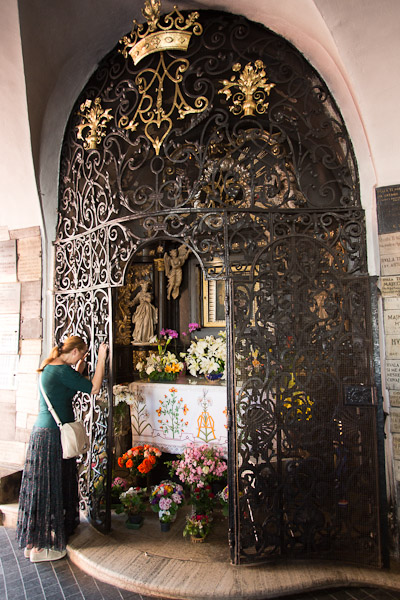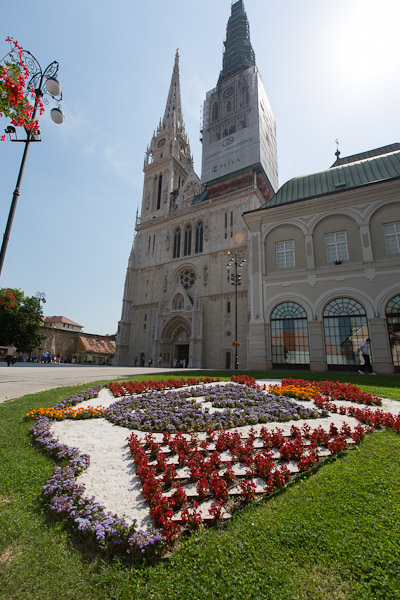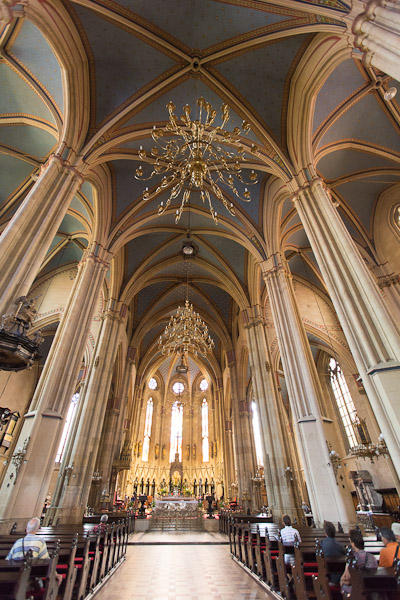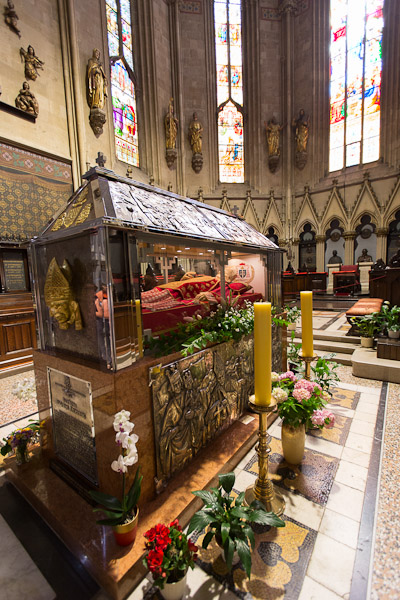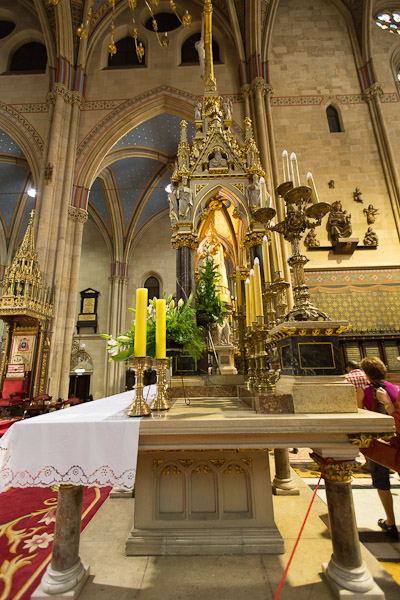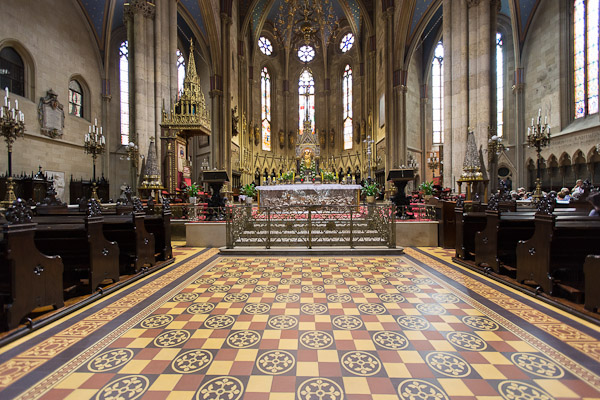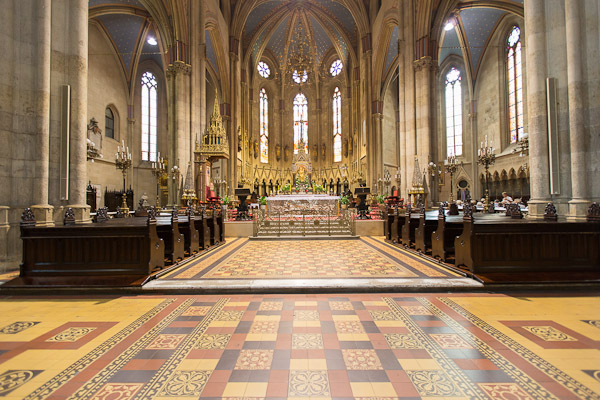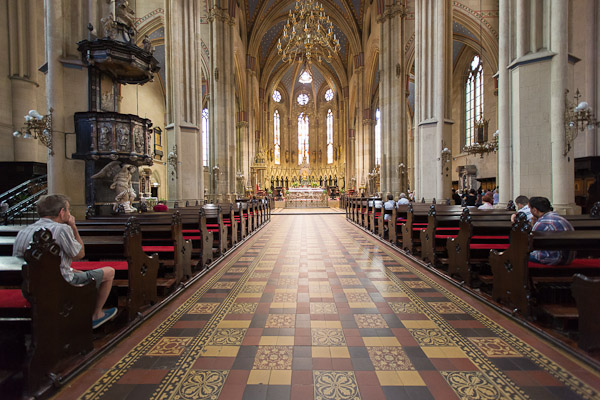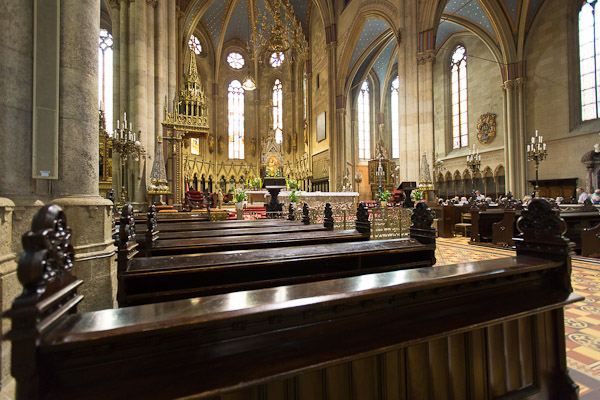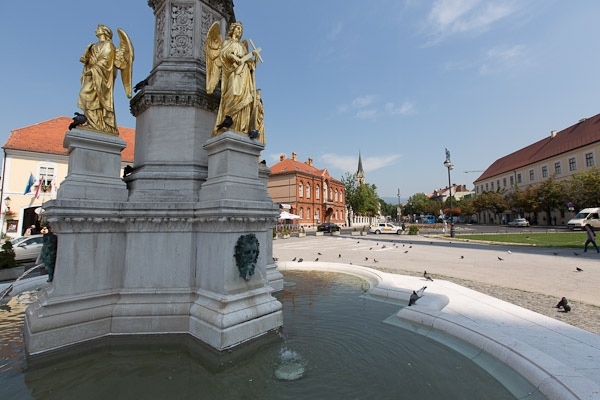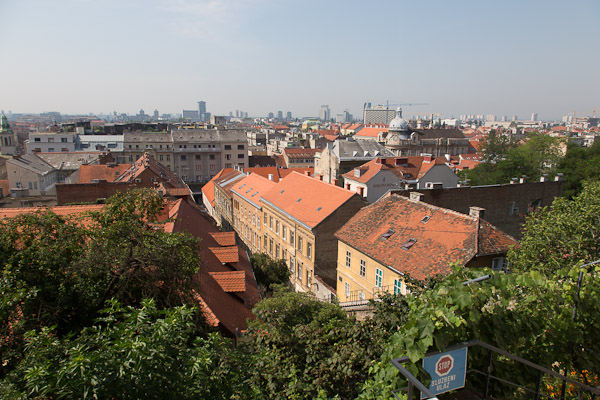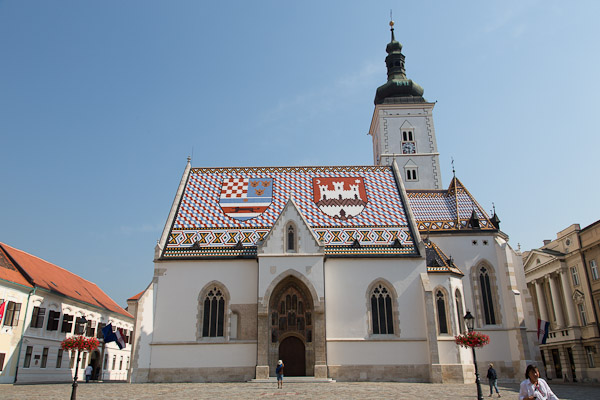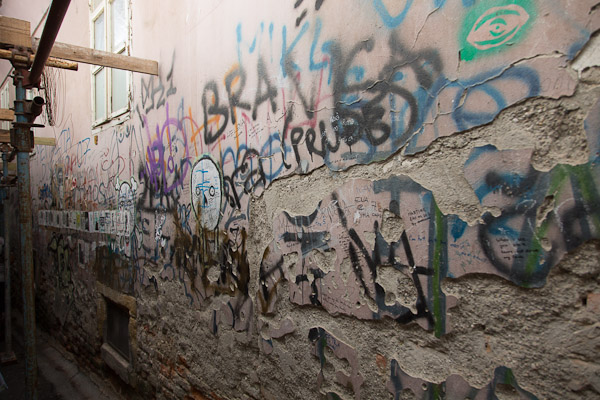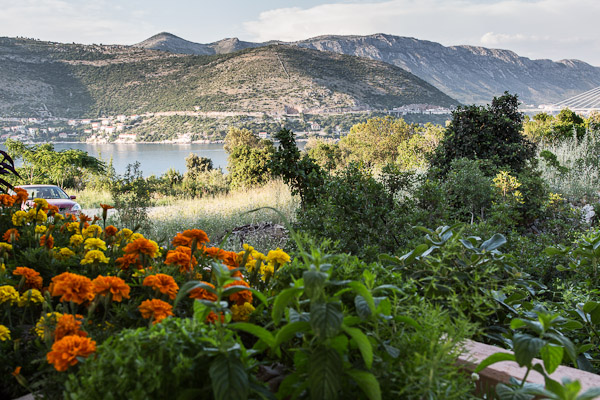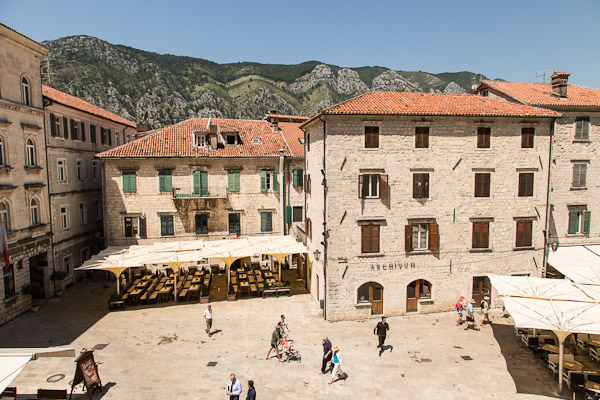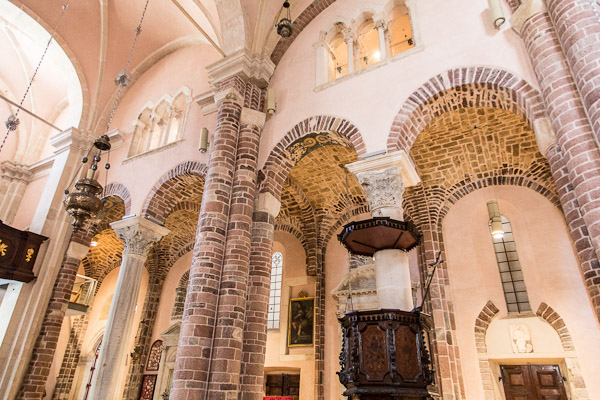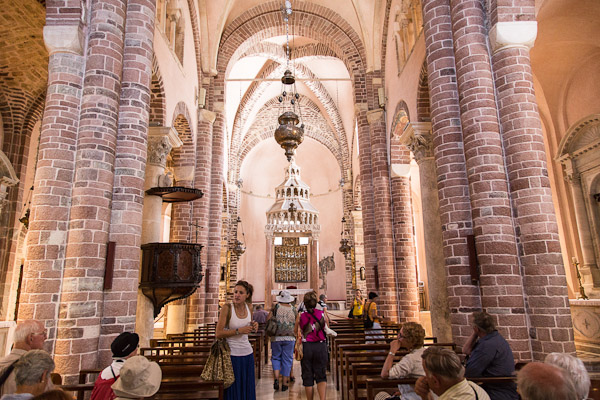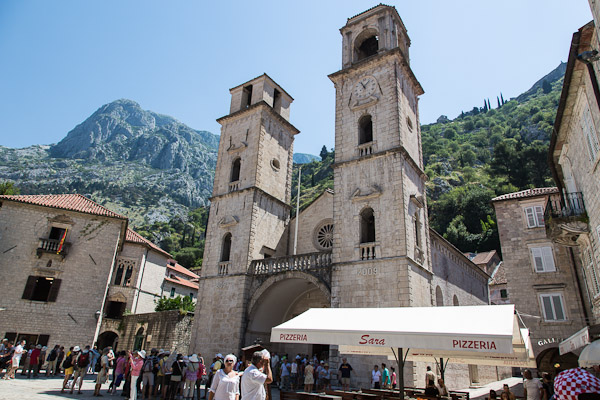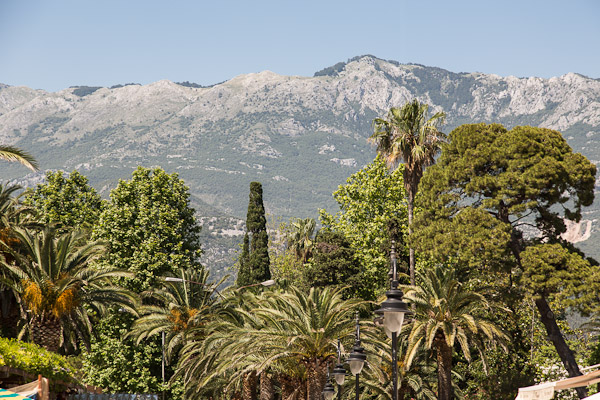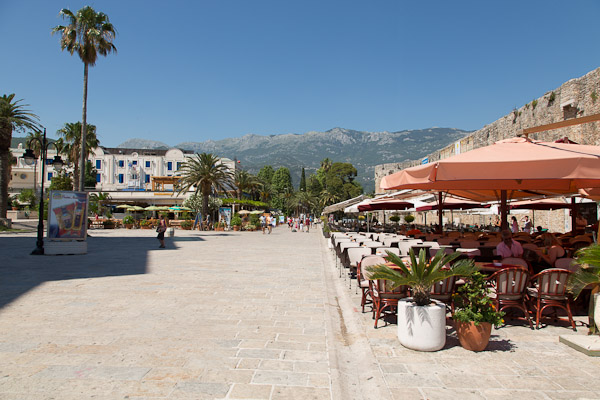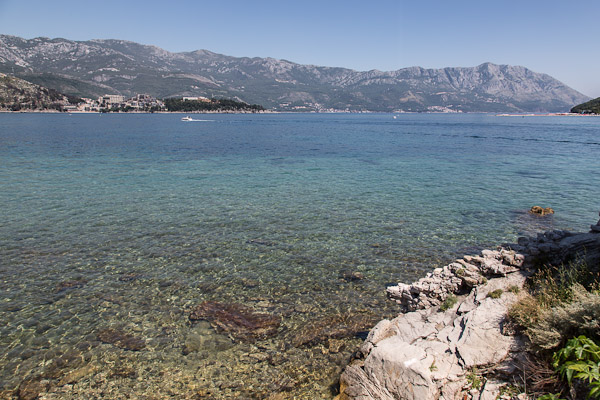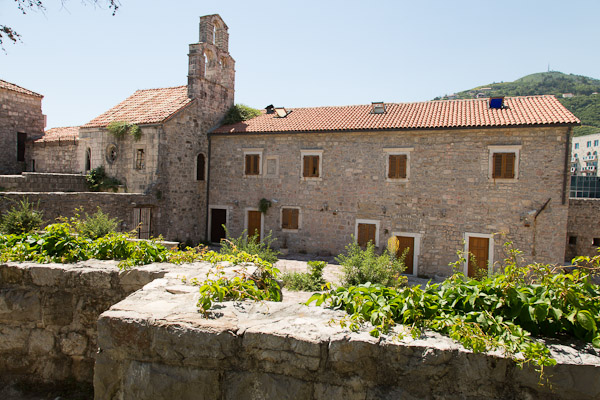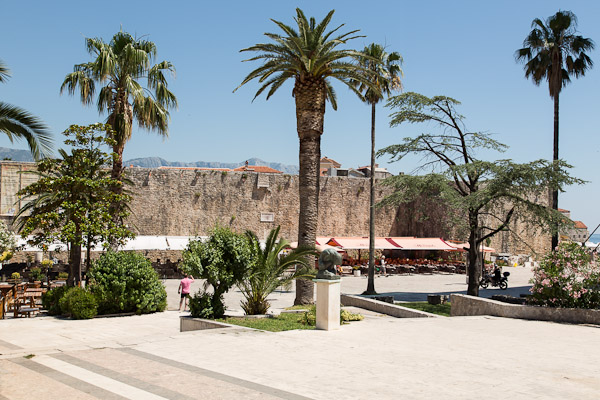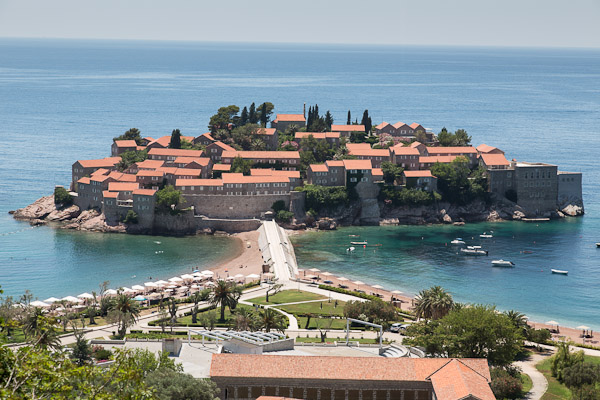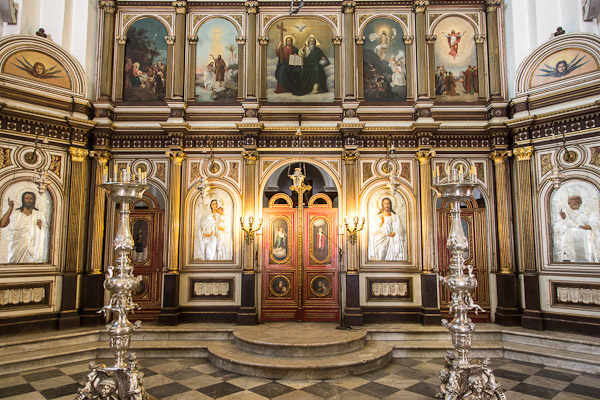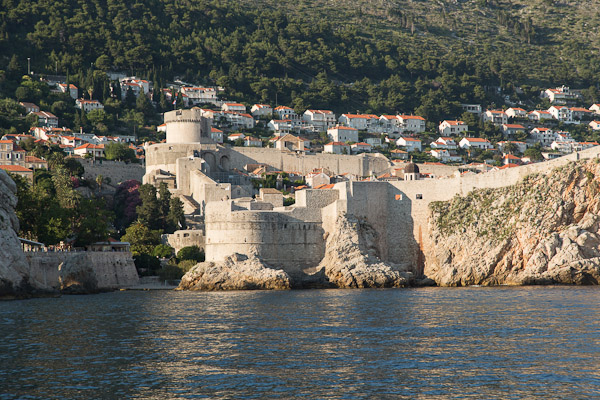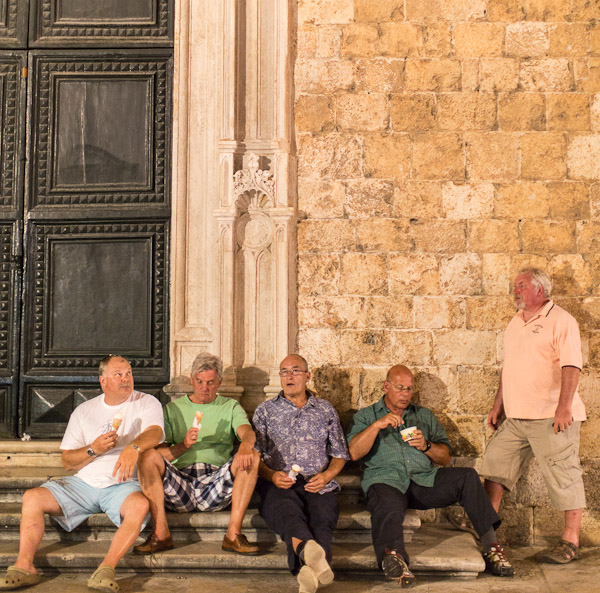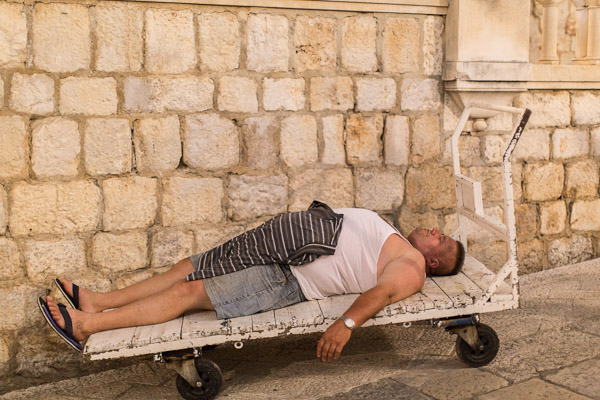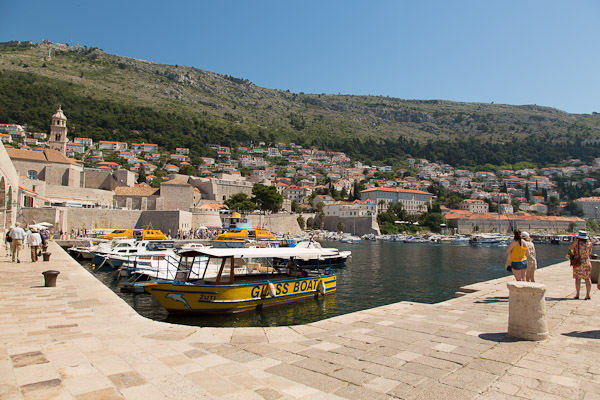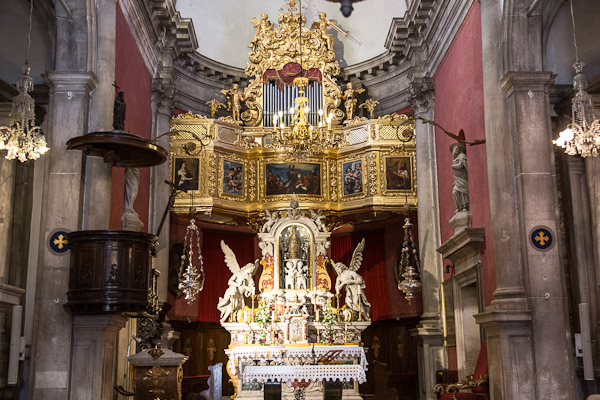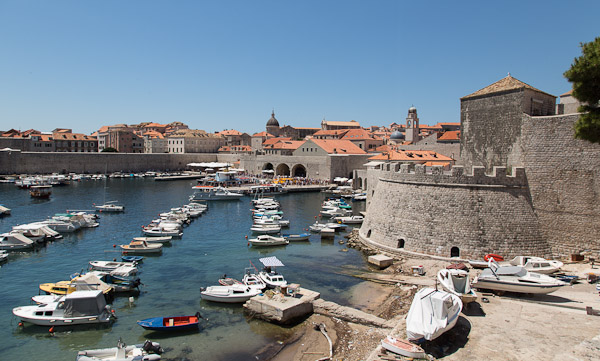From here:
He added: “Same with same sex marriage, where once more we’re used to being alongside people who are gay; many of our friends may be – indeed we may be – wrestling with that issue ourselves, and the Church is scratching its head and trying to work out where it is on all that, and what to think about it.
“What’s frustrating is that we still have Christian people whose feelings about it are so strong, and sometimes so embarrassed and ashamed and disgusted, that that just sends out a message of unwelcome, of lack of understanding, of lack of patience.
“So whatever we think about it, we need, as a Church, to be tackling what we feel about it.”
Rowan Williams, in his frustration, seems to miss a rather important distinction. We are all sinners and we all, from time to time do disgusting things; nevertheless, although somewhat tarnished, we are all still made in God’s image and should treat one another with the respect that God’s image deserves.
Just because an act evokes an emotional response of disgust doesn’t mean it isn’t intrinsically disgusting. Personally, I find the thought of homosexual sex simultaneously comical and disgusting; and not only do I feel not the least bit guilty about it, but I derive some satisfaction in knowing that my disgust has contributed in a small way to Rowan’s frustration.


